Nov 28, (V7N) - Iran is set to engage in high-stakes talks with France, Germany, and the United Kingdom on Friday regarding its nuclear programme, following a censure by the UN atomic watchdog. This meeting comes after a resolution by the International Atomic Energy Agency (IAEA), which condemned Iran for not fully cooperating on nuclear issues. The resolution, passed by the IAEA’s 35-nation board of governors, was backed by the US and the European trio, and strongly opposed by Tehran.
The diplomatic session will be represented by Majid Takht-Ravanchi, a senior Iranian diplomat and deputy to Foreign Minister Abbas Araghchi. Takht-Ravanchi is scheduled to meet with Enrique Mora, deputy secretary general of the EU's foreign affairs office, to discuss Iran's nuclear activities and compliance with international obligations.
Iran’s Defiant Response and Nuclear Escalation
In response to the IAEA's criticism, Iran announced the launch of “new advanced centrifuges,” designed to further increase its stockpile of enriched uranium. Tehran has consistently denied any intention to build nuclear weapons, maintaining that its programme is for peaceful purposes only. However, with Iran’s uranium enrichment now reaching 60 percent—significantly higher than the 3.67 percent limit set by the 2015 nuclear deal—the international community has raised alarms about its potential for nuclear weapons development.
Under the terms of the 2015 Joint Comprehensive Plan of Action (JCPOA), Iran agreed to limit its enrichment in exchange for sanctions relief. However, after the US withdrawal from the agreement in 2018 under President Donald Trump, Iran began to scale back its compliance, including ramping up uranium enrichment.
A Potential Return to Maximum Pressure Under Trump
The timing of these talks is significant, coming just weeks before Donald Trump returns to the White House in January 2025. During his first term, Trump imposed a “maximum pressure” campaign on Iran, reinstating severe sanctions after withdrawing from the nuclear deal. Iran's leadership is keen to avoid a "double disaster" scenario where they face escalating pressure from both the US and European powers, especially as its relations with Europe have been strained by allegations of military support for Russia's invasion of Ukraine—accusations that Iran has denied.
Tehran's Strategy: Avoiding Isolation
Analysts, including Mostafa Shirmohammadi, note that Iran's primary goal in the upcoming talks is to prevent further isolation and to avoid intensified pressure from both the US and European nations. Tehran hopes to rebuild its relations with Europe while maintaining a firm stance on its right to pursue nuclear energy for peaceful purposes, as stipulated in the Non-Proliferation Treaty (NPT).
IAEA's Censure and Iran's Legal Obligations
The IAEA's recent censure called on Iran to fulfill its “legal obligations” under the NPT, which requires member states to declare and maintain their nuclear materials under IAEA supervision. Despite this, Iran has insisted on its right to develop nuclear technology for peaceful purposes, including energy production. Iranian officials, including Foreign Minister Araghchi, have emphasized that Tehran is in the process of commissioning several thousand advanced centrifuges, which can enrich uranium at higher levels.
Iran’s Supreme Leader Ayatollah Ali Khamenei has issued a fatwa prohibiting the use of nuclear weapons, underscoring the country’s stance that it is not seeking nuclear armament. However, the IAEA’s concerns about Iran’s enrichment practices and its lack of full cooperation continue to fuel tensions.
As the 2015 nuclear deal nears its expiration in October 2025, the international community is closely watching Iran’s actions, as well as the dynamics between Tehran and the key players involved in the negotiations.
END/WSP/RH/



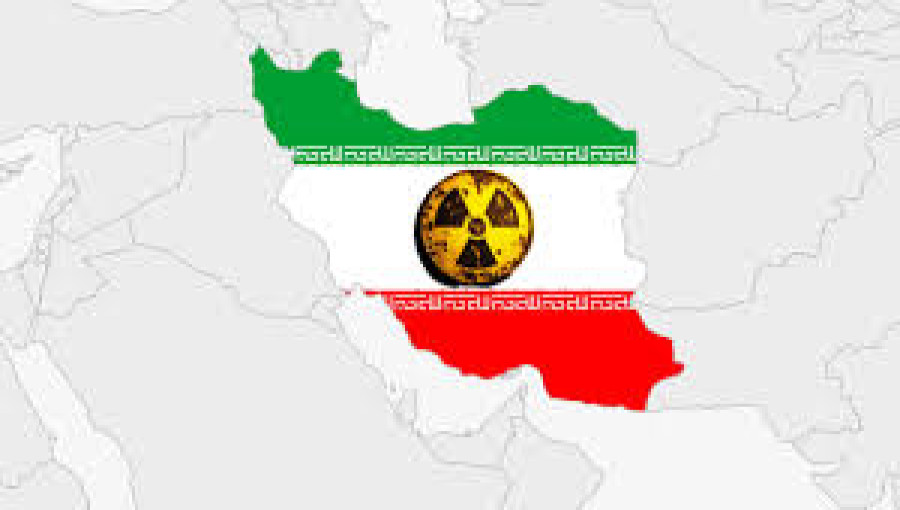

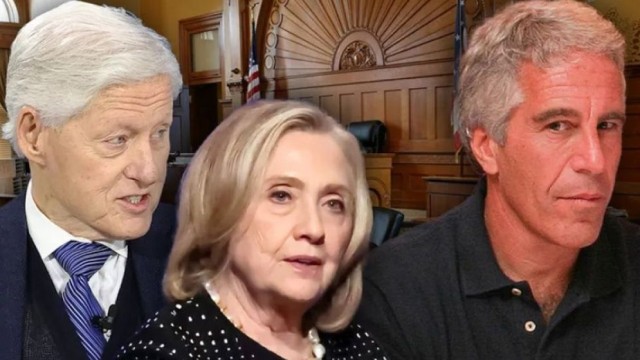
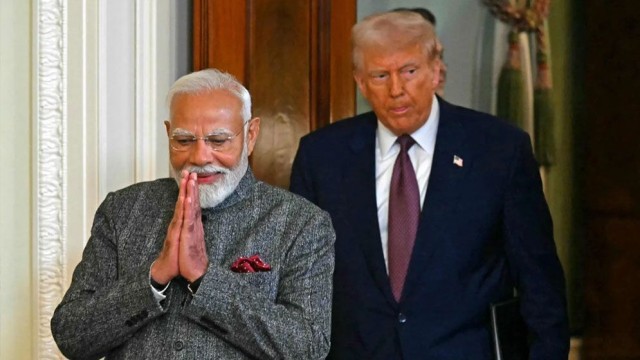
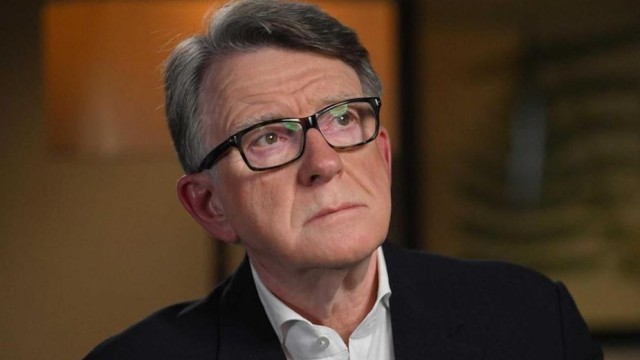

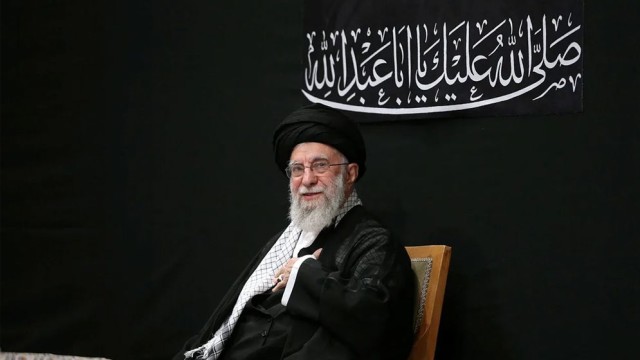
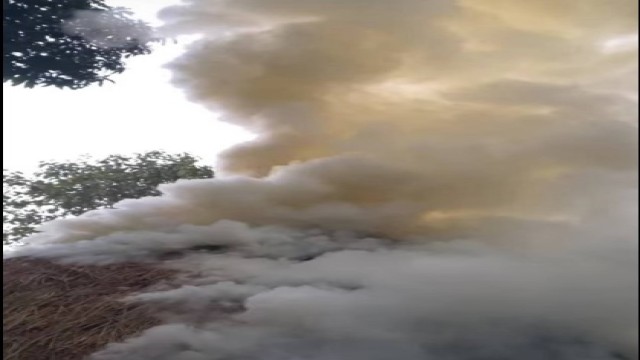
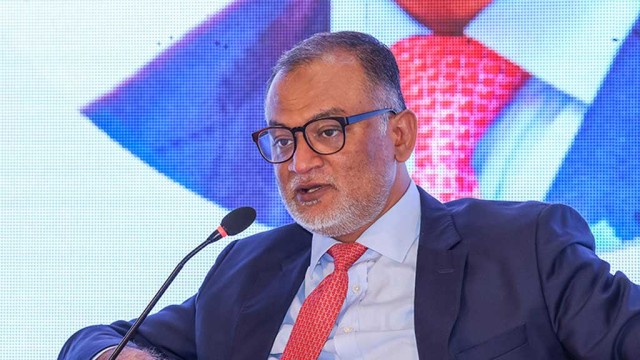


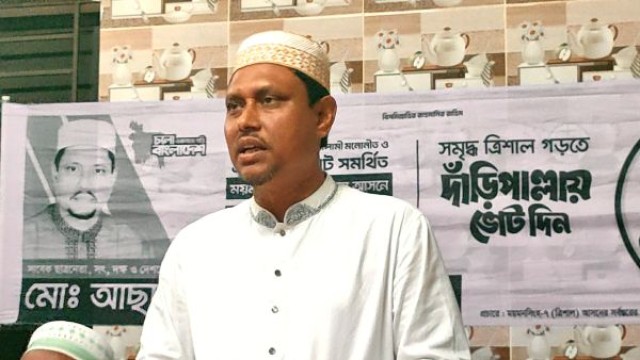
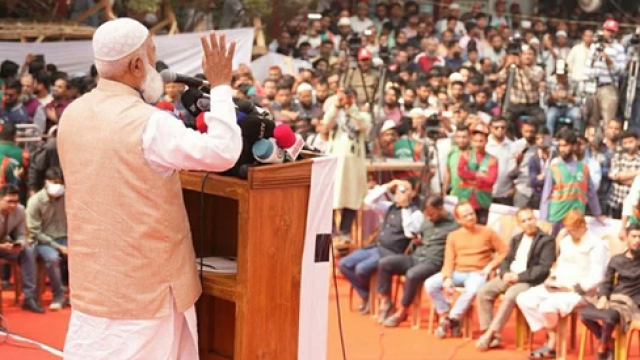

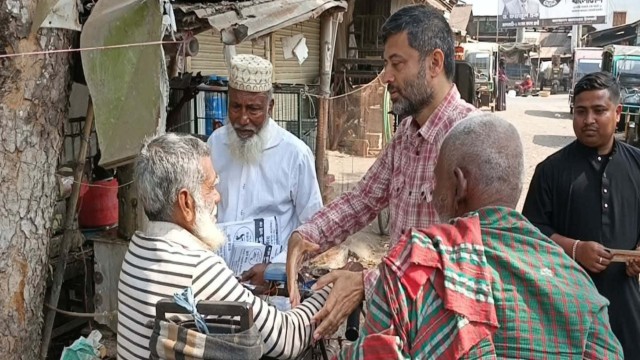
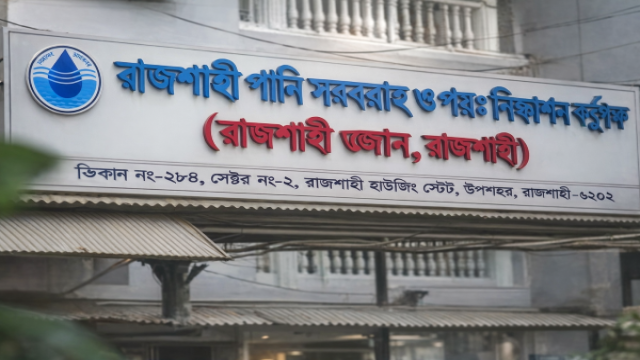
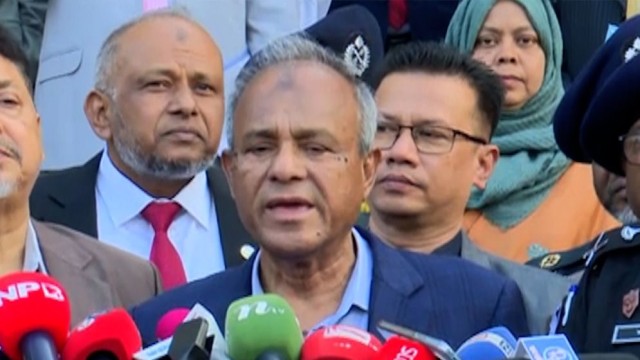











Comment: